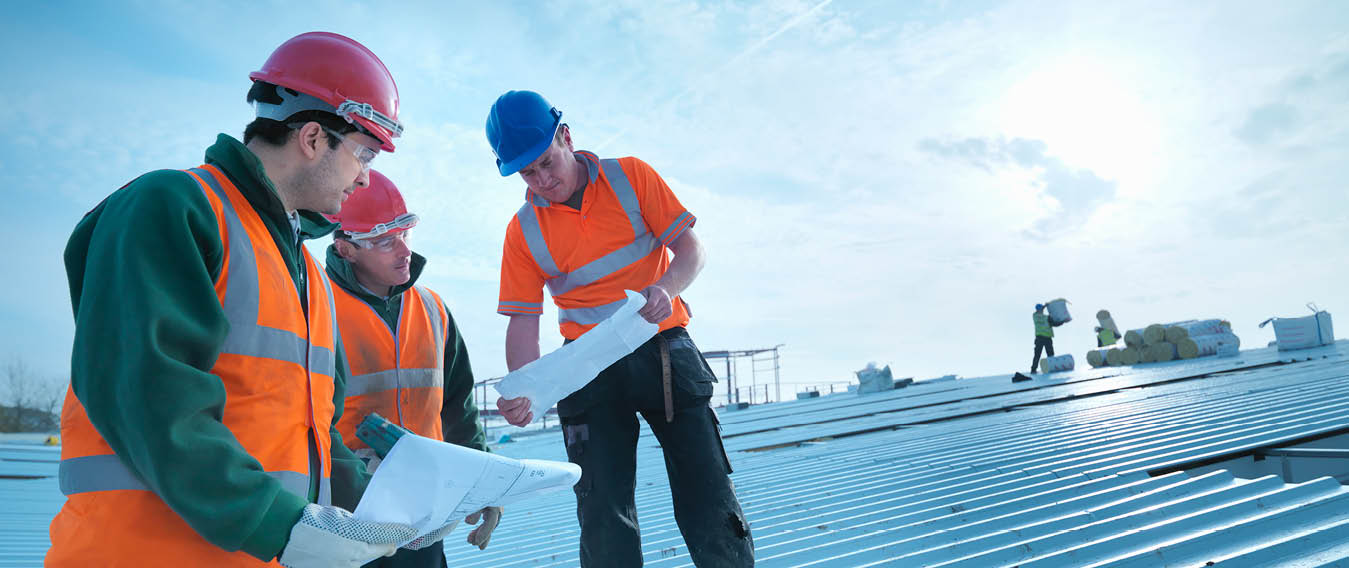ENGIE renforce son portefeuille d’actifs de production et de stockage afin d’assurer la stabilité des réseaux électriques et de maximiser le potentiel des énergies renouvelables.
Si la part grandissante des énergies renouvelables électriques, éoliens et solaires en particulier, permet de réduire les émissions de CO2, leur dépendance aux conditions météorologiques conduit à un besoin de flexibilité accru pour assurer l’équilibre des réseaux à tout instant.
Aussi, tout en poursuivant ses investissements dans les énergies renouvelables, ENGIE développe des capacités thermiques bas carbone et des solutions de stockage d’électricité qui répondent à cet impératif.
Ce développement s’inscrit dans les objectifs de décarbonation du Groupe : désengagement programmé du charbon, amélioration de l’efficacité des actifs, développement du stockage hydraulique et par batteries, remplacement du gaz fossile par des gaz verts pour alimenter ses centrales.
La flexibilité des actifs de production ne constitue pas l’unique moyen pour assurer la résilience des réseaux. La demande peut également s’ajuster aux aléas de la production. En 2050, près des deux tiers des capacités de flexibilité européennes proviendront de la demande d’après les trajectoires de décarbonation de l’Europe publiées par ENGIE.
Nos 5 activités de flexibilité, au service des réseaux électriques et de nos clients :
- Production thermique
- Stockage par batteries
- Stockage hydraulique par pompage-turbinage
- Production d’hydrogène renouvelable
- Gestion de la demande d’électricité
Principaux objectifs d'ENGIE à 2030
- Sortir du charbon à l’échelle mondiale d’ici à 2027.
- Progresser dans la décarbonation de nos centrales gaz par
- l’utilisation de gaz verts (biométhane, hydrogène vert) en remplacement du combustible fossile ;
- le recours au CCUS (Carbon Capture, Utilisation and Storage, capture, valorisation et stockage de carbone)
- Atteindre 95 GW de capacités renouvelables et de stockage.


